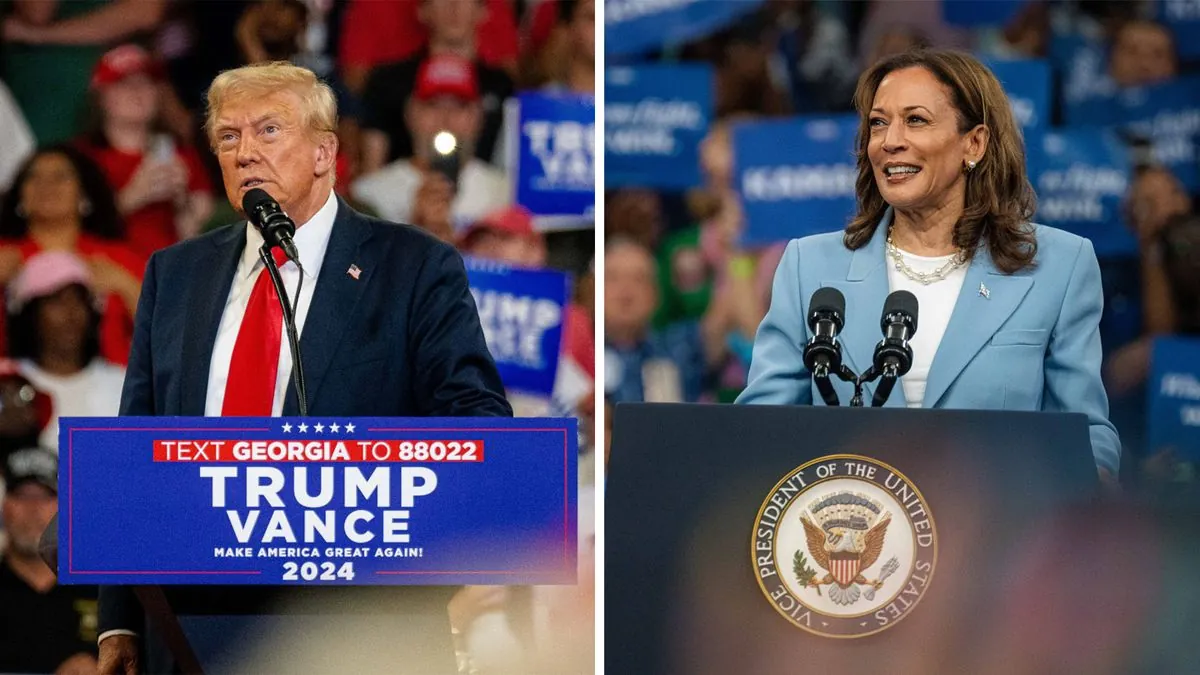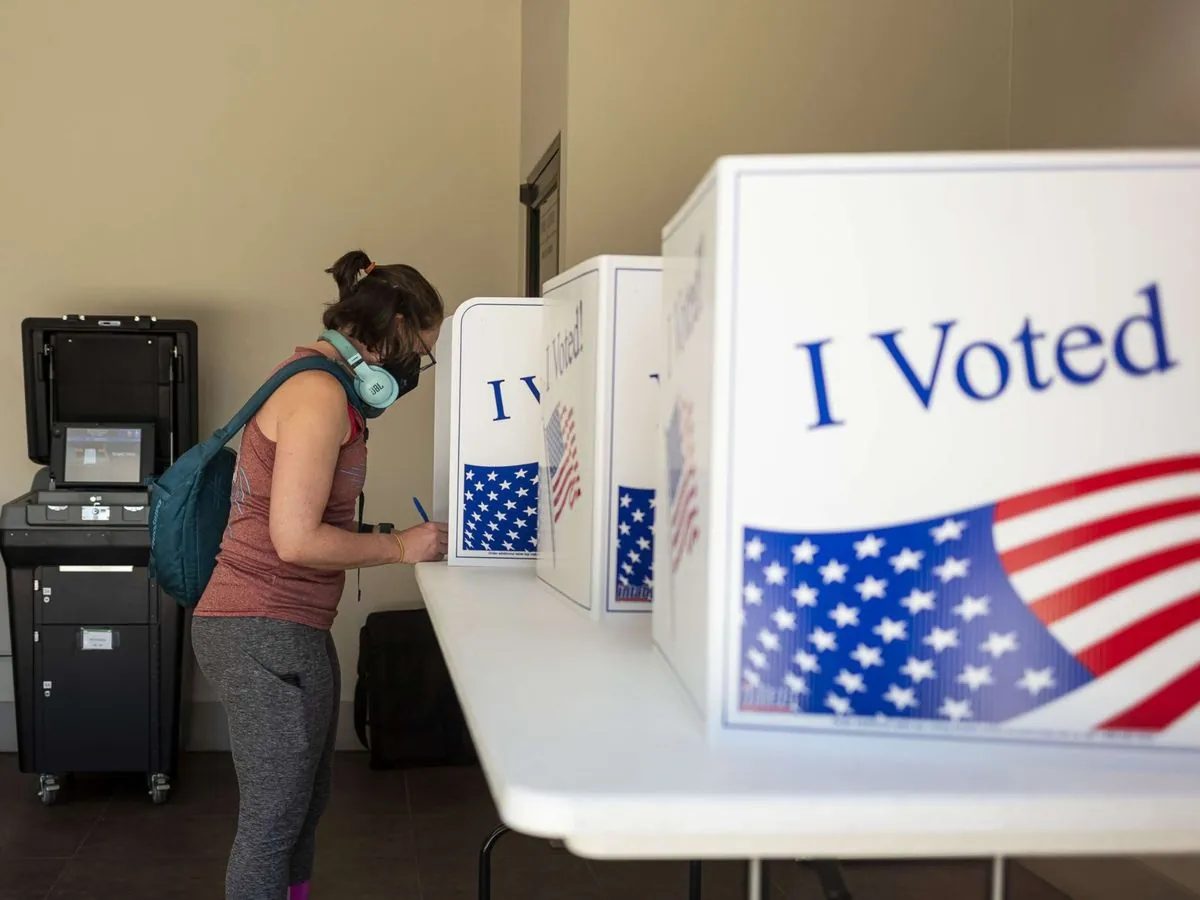Harris and Trump Neck-and-Neck in Latest Presidential Election Polls
Recent polls show Vice President Kamala Harris and former President Donald Trump in a tight race for the 2024 U.S. presidential election. Key battleground state Pennsylvania remains closely contested.

Recent polls indicate a close contest between Vice President Kamala Harris and former President Donald Trump in the upcoming 2024 U.S. presidential election. With less than two months until Election Day on November 5, 2024, the race remains highly competitive, particularly in crucial battleground states.
A national survey conducted by The New York Times, The Philadelphia Inquirer, and Siena College from September 11-16, 2024, shows Harris and Trump tied at 47% among 2,437 likely voters. This poll has a margin of error of ±3 percentage points. The tight race reflects the intense political divide in the country, reminiscent of the 2020 election, which saw the highest voter turnout in over a century.
Pennsylvania, a key swing state with 20 electoral votes, is emerging as a critical battleground. The same poll indicates Harris maintaining a slight lead of 50% to 46% over Trump in the state. A separate Washington Post survey of 1,003 Pennsylvania voters conducted from September 12-16, 2024, shows an even narrower margin, with Harris at 48% and Trump at 47%.

The polls highlight several key issues shaping voter preferences. Protecting American democracy ranks as a top concern for many respondents, alongside the economy, abortion rights, and immigration. This focus on democratic institutions comes in the wake of Trump's continued false claims about the 2020 election results and his ongoing legal challenges.
Harris, the first woman, African American, and Asian American to serve as vice president, is seeking to maintain the Democratic Party's control of the White House following President Biden's decision to drop his re-election bid in July 2024. Her background as a former prosecutor and state attorney general is a significant aspect of her campaign.
Trump, despite facing four criminal cases, maintains a strong base of support. The former president has consistently denied any wrongdoing in relation to these legal challenges.
Voter motivation appears high, with a majority of those polled expressing strong intent to participate in the election. This enthusiasm reflects the growing trend of increased voter engagement, as evidenced by the rising popularity of early voting and mail-in ballots in recent elections.
The close race in Pennsylvania and other battleground states like Arizona, Georgia, Michigan, Nevada, North Carolina, and Wisconsin underscores the importance of the Electoral College system in determining the outcome of U.S. presidential elections. These swing states, which can shift between Democratic and Republican control, often play a decisive role in the final result.
As the campaign enters its final weeks, both candidates are likely to intensify their efforts in these key states. With the race so tight, factors such as debate performances, campaign strategies, and unforeseen events could potentially sway the outcome.
Previous Reuters/Ipsos polling from last week showed Harris with a slightly wider lead of 5 percentage points among registered voters nationally. However, the fluctuating nature of these polls emphasizes the volatility of the race and the need for caution in interpreting individual survey results.
As Election Day approaches, the focus on protecting democratic institutions, along with traditional issues like the economy and social policies, suggests a highly engaged electorate. The outcome of this closely contested race may well hinge on voter turnout and the effectiveness of each campaign's final push in the crucial swing states.


































